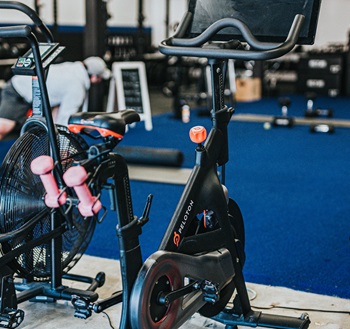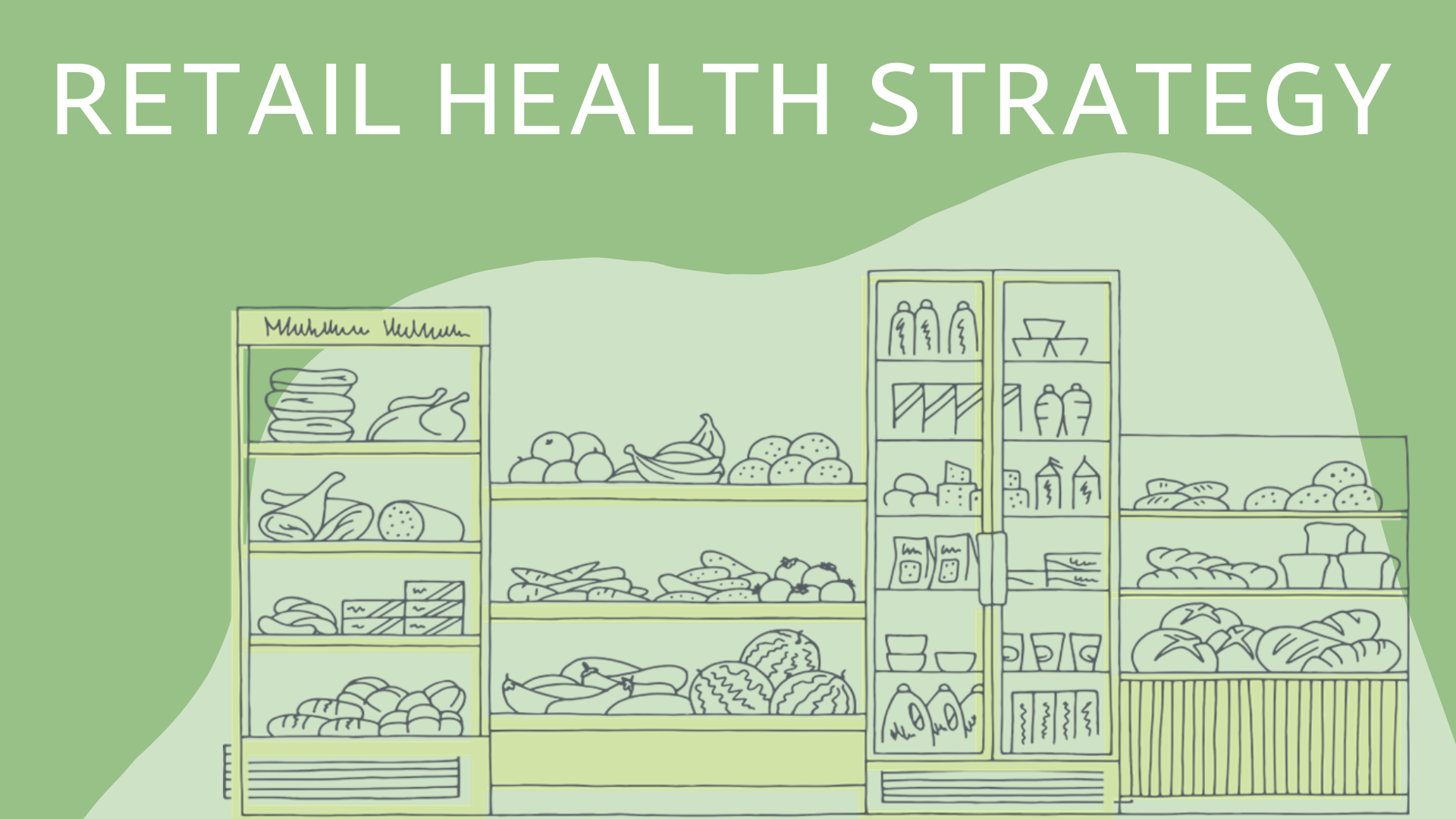By: Cynthia Brazzel, Director, Member Relations and Advocacy for the Western Region, FMI

Yes, I’ll admit it—I contributed to the 172% pandemic surge that drove the Peloton sales explosion in the first six months of our global crisis. After all, we couldn’t go to the gym; yet I wanted to keep exercising, keep the momentum going, not to mention that in the early months of the COVID-19 pandemic, there wasn’t much else we could do. Then in January 2021, as we closed in on one year since we had first heard about the COVID-19 pandemic, Peloton introduced a brilliant concept: stacked classes. The idea was to allow the “home athlete” the opportunity to custom build a total body workout of multiple classes, thus maintaining momentum as they complete one workout and move seamlessly to another.
The labor challenges of the past 19 months have forced us to reconsider how we approach education and training. How do we recruit new talent, and more importantly, how do we hang on to the committed workers we employ? As we work to expand diversity, equity, and inclusion measures, how can we use education and upskilling programs as a tool to open opportunities? Perhaps our approach should mirror the Peloton “stacked class” approach so that instead of the usual expectations of degree completion or checking off certain boxes, we help employees plan towards a series of certificate programs and focused skill development training that can add up to a solid foundation for a successful career. Here are two ways to do that:
- FMI works to provide learning opportunities for the industry that complement and address various areas. Developing leaders can start at any level in an organization. For the employee who needs to learn the streamlined business essentials curriculum, the Retail Management Certificate Program (RMCP) is an accredited academic experience that focuses on eight essential business courses for a successful food industry leader, whether in the grocery store, the corporate office, or the distribution center. All of this is offered through community college programs that are affordable, online, and transferable college credit, in most cases. The RMCP now boasts more than 3,000 graduates, all folks who were already working in food retail and took the next step in building their career. Many of these graduates have risen to be our grocery executives of today. The RMCP, now 20+ years strong, is a key link to employee retention and promotion. The Western Association of Food Chains (WAFC), who directs the RMCP, is a long-time partner with FMI in promoting and supporting education and training that leads to a more robust food industry workforce.
- For an employee who is developing their leadership in the food industry, the FMI Future Leaders eXperience provides professional development immersion into the relevant components of our industry—from producer through all the supply chain steps that ultimately lead to the shopper. This experience is delivered via two-hour dynamic sessions offered virtually over the course of three months. Throughout the program, participants interact with industry peers, problem-solving and responding to one another as part of their learning journey. This is ideal for employees who are strapped for time and need the flexibility to tailor a schedule to their day.
Both programs are employer-sponsored and result in certificates that are recognized in the food industry. By stacking training experiences along with education, food retailers will put themselves in the best position to build stronger, wiser teams.


 Industry Topics address your specific area of expertise with resources, reports, events and more.
Industry Topics address your specific area of expertise with resources, reports, events and more.
 Our Research covers consumer behavior and retail operation benchmarks so you can make informed business decisions.
Our Research covers consumer behavior and retail operation benchmarks so you can make informed business decisions.
 Events and Education including online and in-person help you advance your food retail career.
Events and Education including online and in-person help you advance your food retail career.
 Food Safety training, resources and guidance that help you create a company food safety culture.
Food Safety training, resources and guidance that help you create a company food safety culture.
 Government Affairs work — federal and state — on the latest food industry policy, regulatory and legislative issues.
Government Affairs work — federal and state — on the latest food industry policy, regulatory and legislative issues.
 Get Involved. From industry awards to newsletters and committees, these resources help you take advantage of your membership.
Get Involved. From industry awards to newsletters and committees, these resources help you take advantage of your membership.
 Best practices, guidance documents, infographics, signage and more for the food industry on the COVID-19 pandemic.
Best practices, guidance documents, infographics, signage and more for the food industry on the COVID-19 pandemic.
